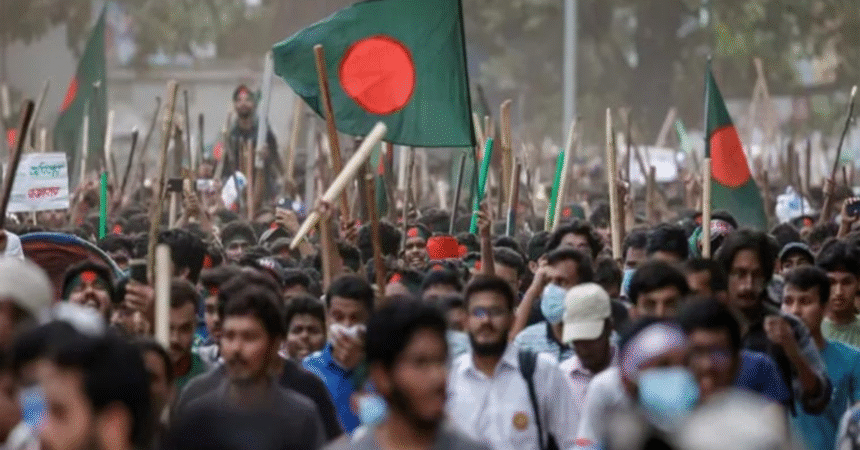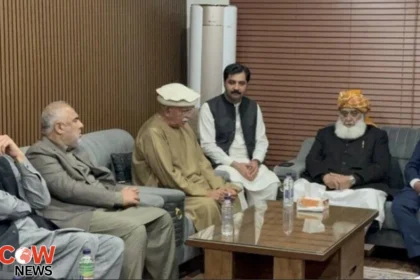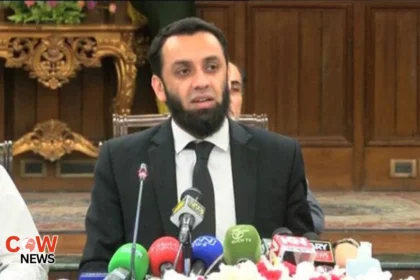Protests against the quota system in government jobs in Bangladesh have escalated, resulting in 163 deaths and hundreds of injuries. The students, who have been leading the protests, have given the government a 48-hour ultimatum to approve their demands. These demands include the release of over 500 people arrested during the protests, lifting the curfew imposed on Friday, opening of internet and universities, and an apology from Prime Minister Hasina Wajid for violence against peaceful protesters.
The government, however, has refused to lift the curfew until the situation improves and has blamed opposition parties for the violent protests. Prime Minister Hasina Wajid has also extended the two-day public holiday by one day to stop the protests. Internet services have been suspended across the country since Thursday, making it difficult for people to communicate and access information.
The protests began in early July, with students demanding reforms to the quota system, which they say is unfair and perpetuates inequality. The government had agreed to review the system, but the students are demanding immediate action. The situation has turned violent, with clashes between protesters and police, and the use of tear gas and rubber bullets.
The international community has expressed concern over the violence and called for restraint. The United Nations has urged the government to respect the rights of peaceful protesters and to investigate reports of excessive use of force.
#BangladeshProtests #QuotaSystem #StudentDemands #GovernmentResponse #Violence #InternetSuspension #HumanRights #UN







